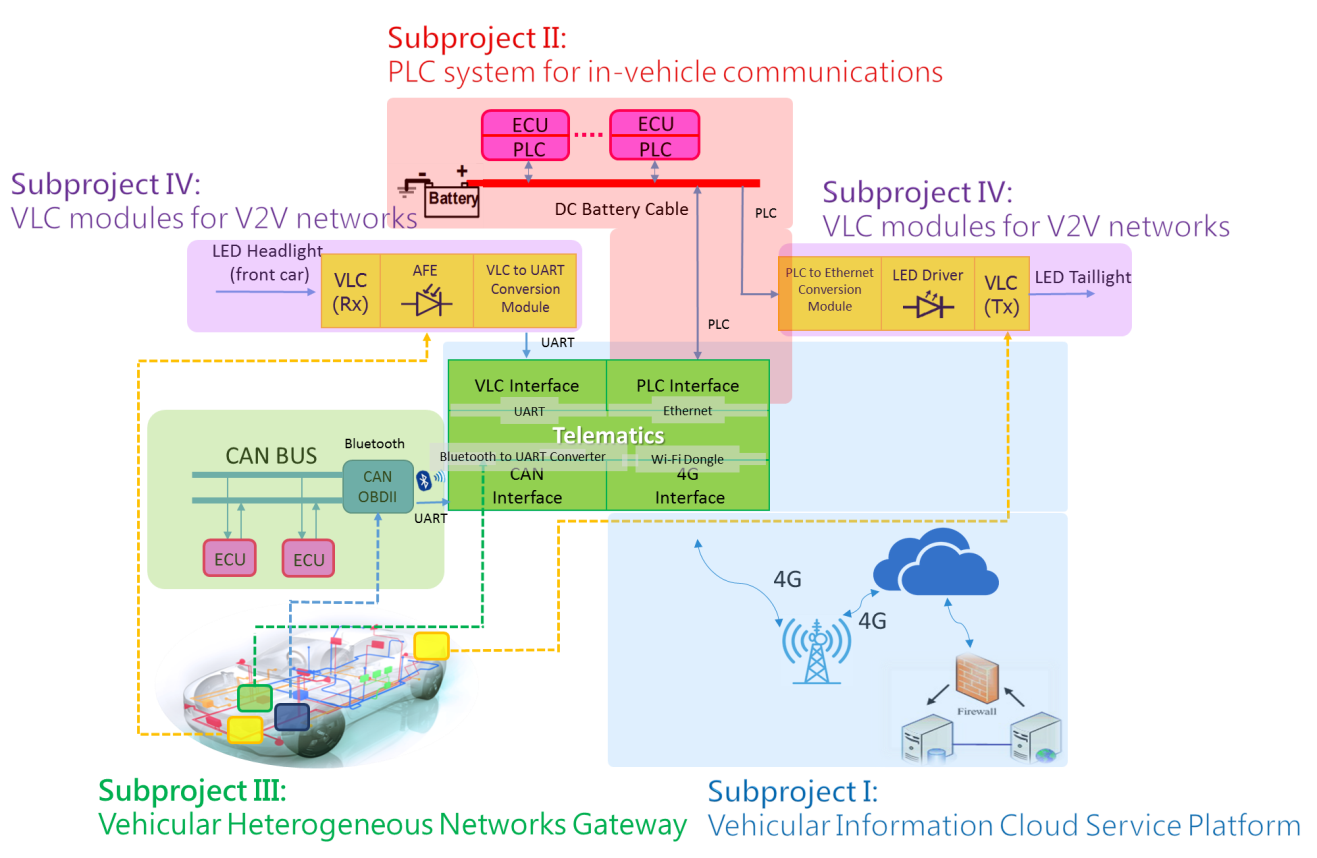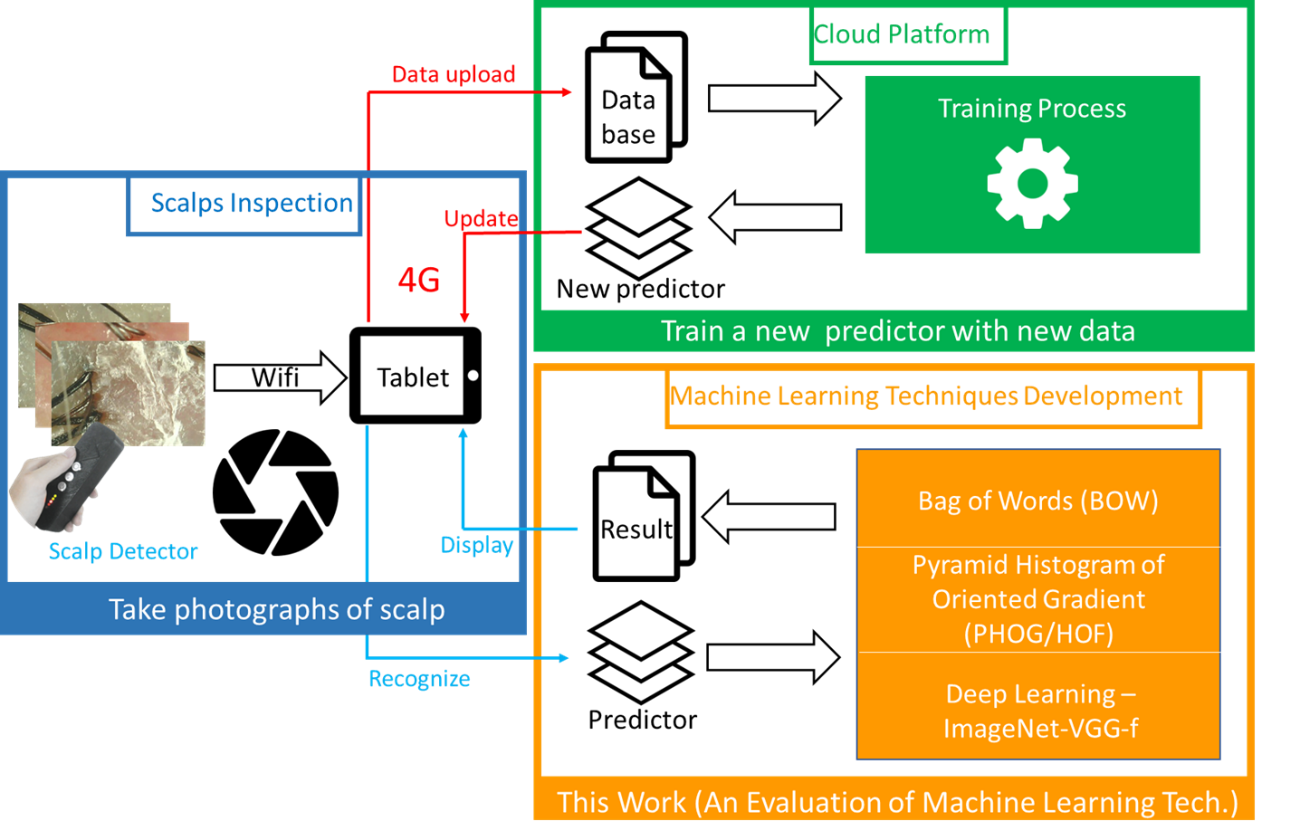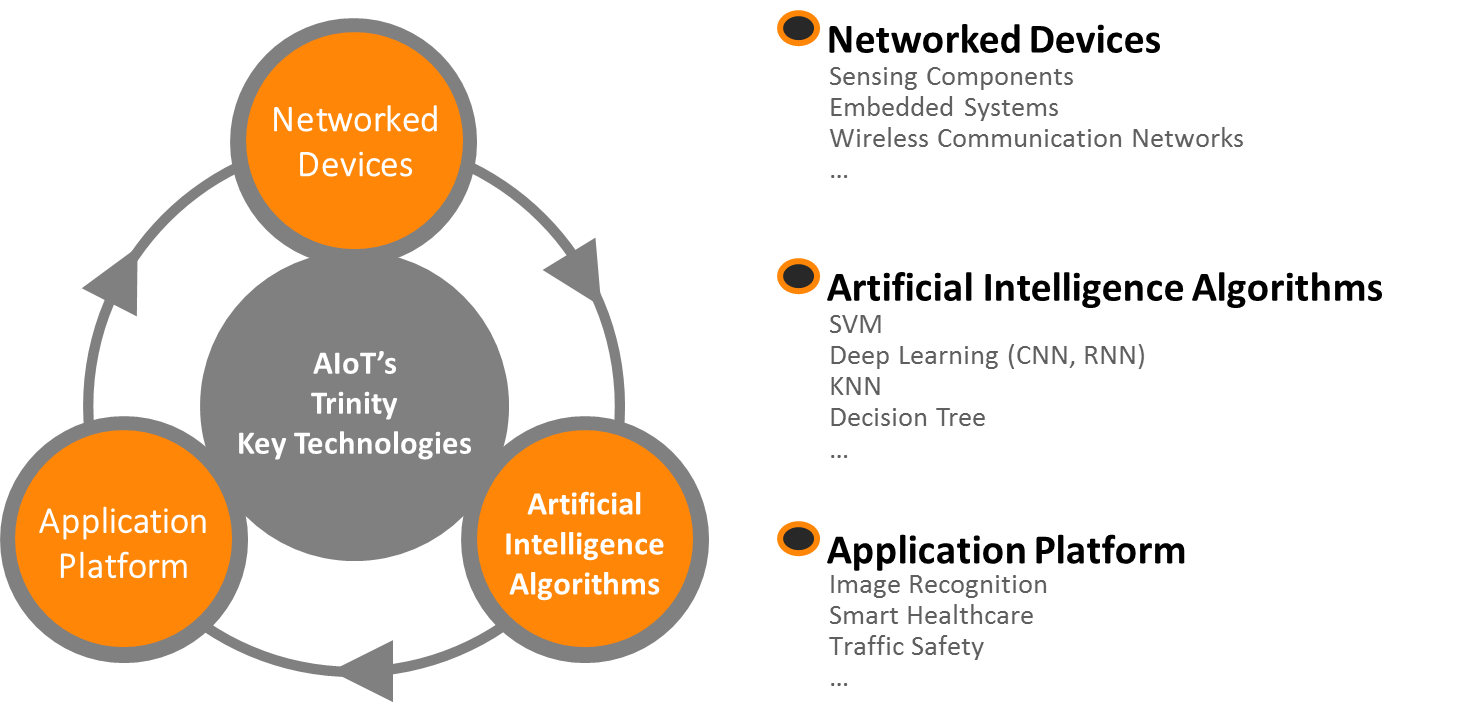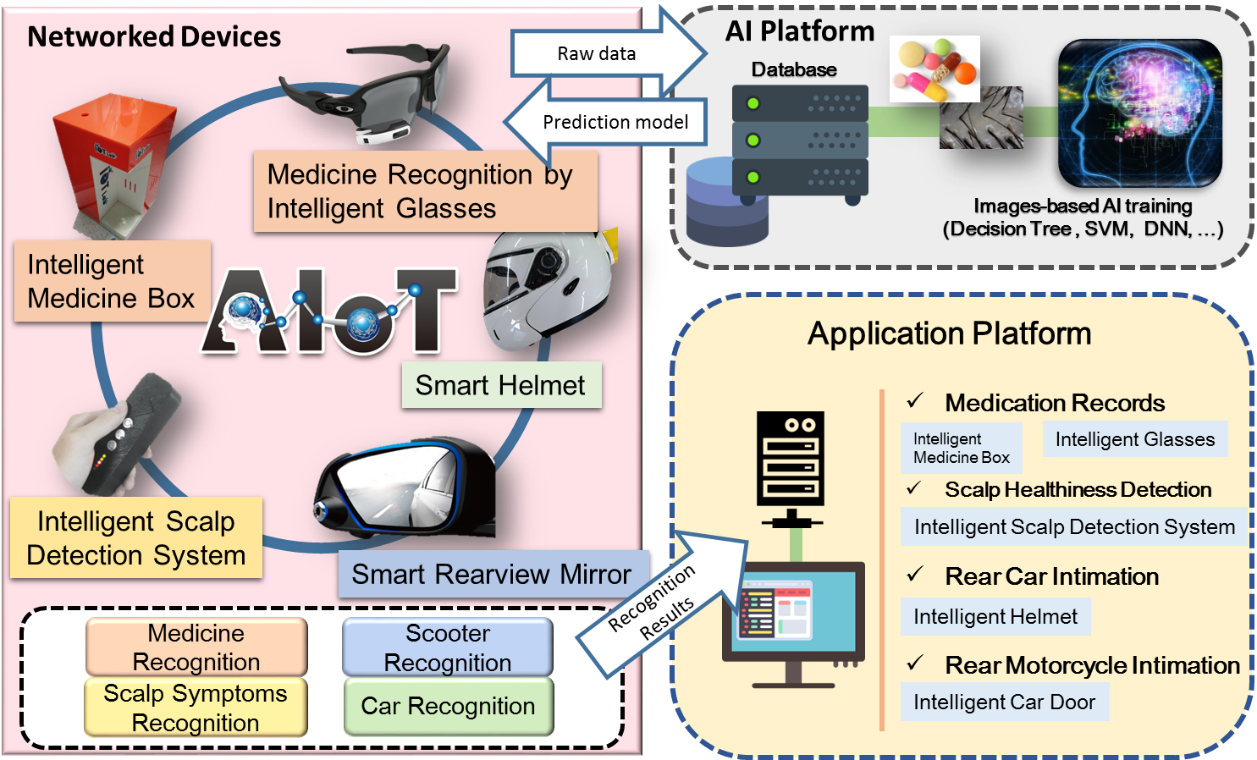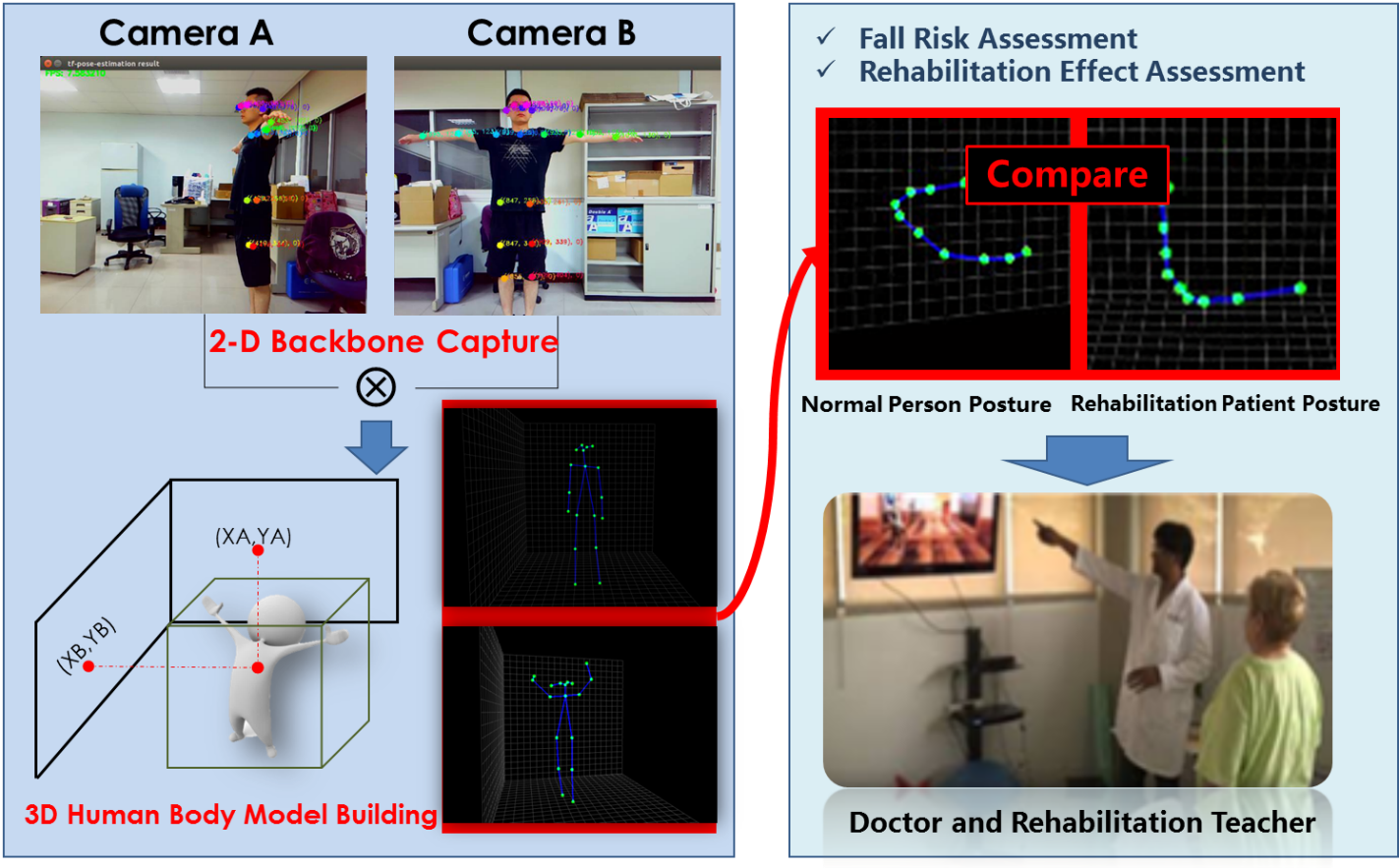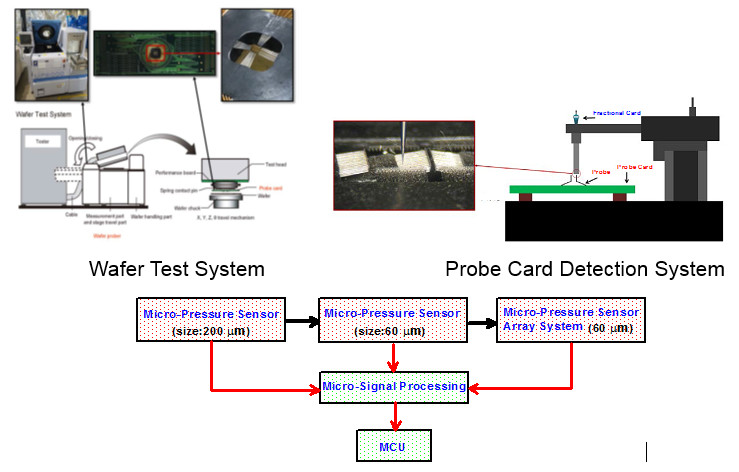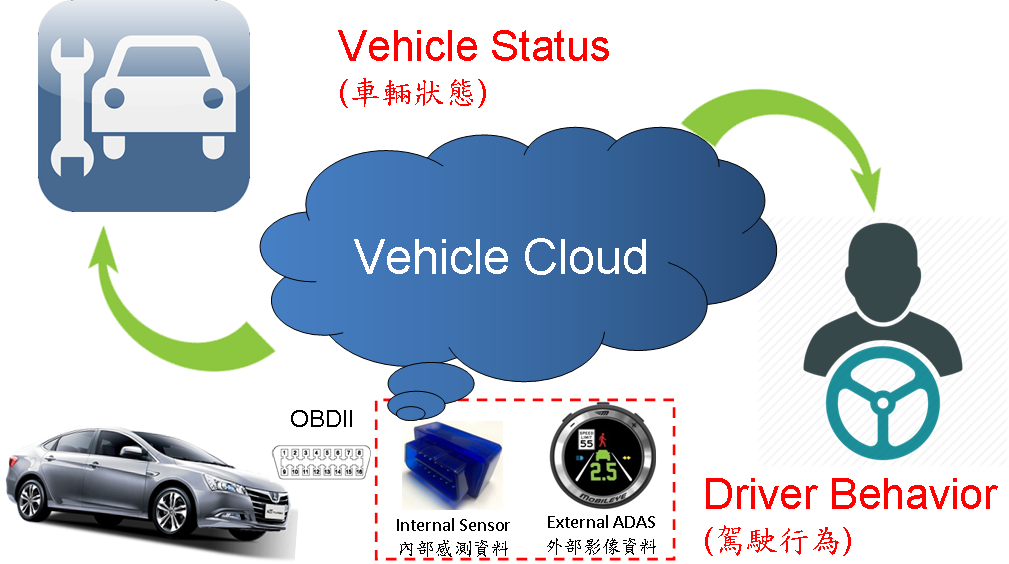The Department of Electronic Engineering
The Department of Electronic Engineering at STUST has 32 full time faculty members (91% of faculty members have Ph.D. degree and 71% of them own industry working experience) in 4 research areas: IC Design, Networks and Communications, System Applications, and Micro-electronics. The present key research themes are on the development of.
- IC Design: Circuits design, PCB layout, IC chip design flow, and IC chips tape-out and testing.
- Networks and Communications: Wireless Communications, RF circuit design, Antenna and Microwave Engineering, IoT (internet of thing), AIoT, RFID and Cognitive radio system (CR system).
- System Applications: Machine learning and network function design, Embedded system design and applications, Micro-controller application, Vehicular Electronics application, and Unmanned Aircraft System (UAS) application.
- Micro-electronics: Green electronics, Optical electronics, Display electronics, Electronic ceramics, and Thin films.
- Development of the Next-Generation Internet of Vehicles Communication System for Driving Safety.
- Research and Implementation of an Intelligent Hairy Scalp/Skin Inspection System for Beauty and Hairdressing Industry.
- Artificial Intelligence over Internet of Things Technologies Research Alliance (AIoTA)
- Artificial Intelligence over Internet of Things Applied (AIoT) Research Center.
- Development of an AI-based 3D Human Posture Capture and Tracking System for Fall Risk and Rehabilitation Effect Assessments.
- Lead-Free Micro-Pressure Sensor Array System for Wafer Level Probe Card Detection Applications
- Analysis on Automotive Cyber Security (Detection and Prevention); The CANopen standard based Hardware/Software Development for Industry Automation; Hardware/Software Design for Automotive On-Board Diagnosis (OBDII) System; SAE J1939 based Diagnosis System Design for Heavy Duty Vehicles; Blockchain/AI Based Analysis of Driver Behaviors; Automotive CAN/LIN Bus Controller/Transceiver Chip Design
